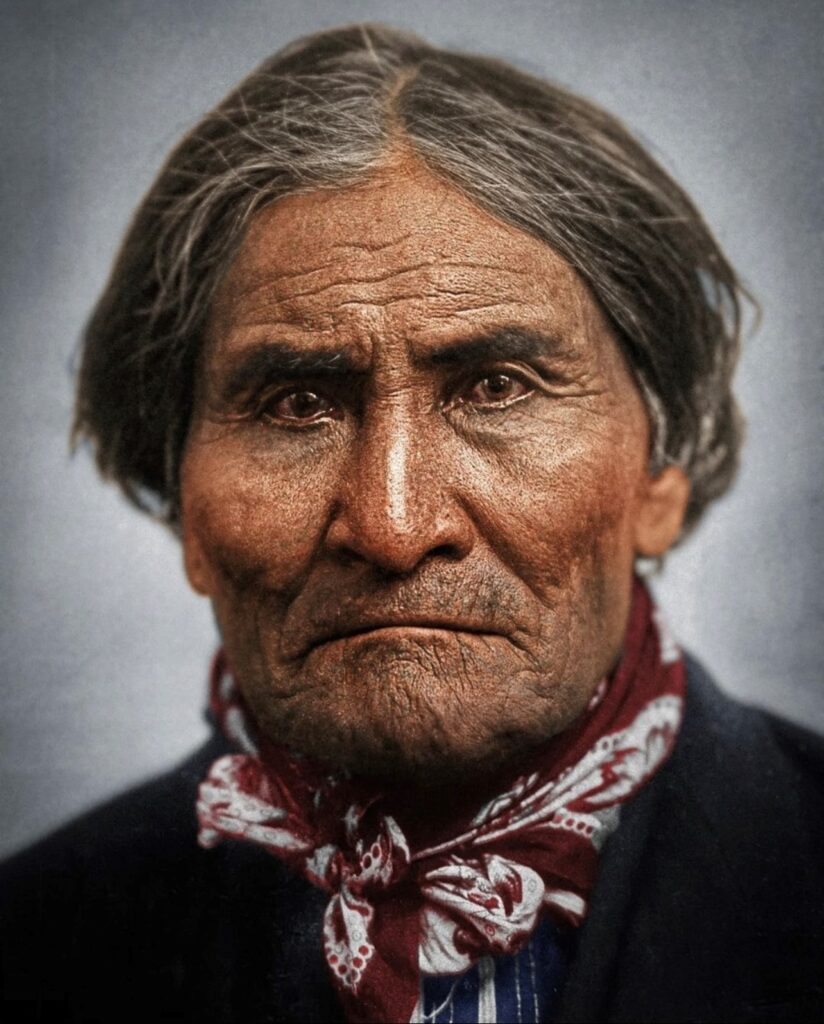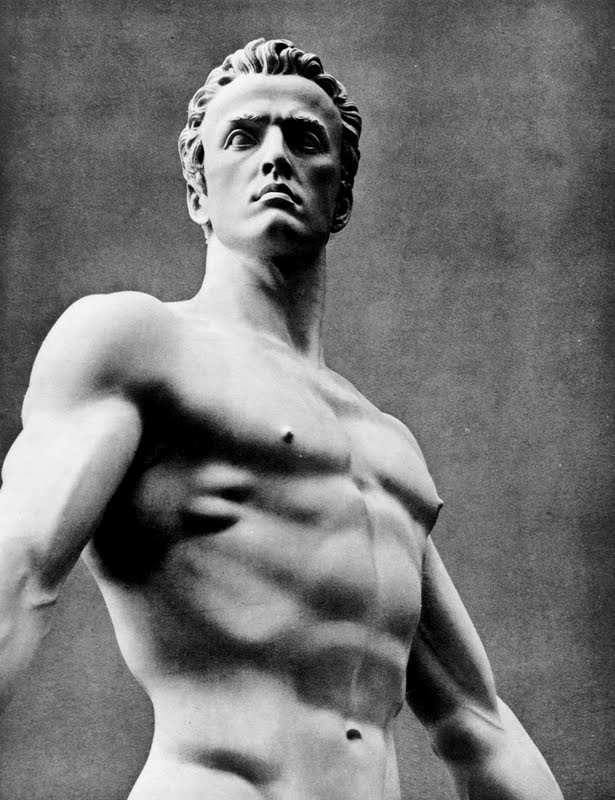One of the astonishing aspects of the work of Joseph Conrad is that he writes with such awareness of both inward dialogue and discourse between people, and by extension, of towns and civilization, with such familiarity that they convey a certain civility and knowability is the natural way of the human being. One of the sources of his refinement is his Victorian poise. But then, when his characters venture into the black wilderness, they are full of tempestuous, raw, primitive and menacing, unknown and unreckonable forces. They often possess a macabre darkness where man is confronted with the parts of his nature he did not recognize and to which he was anaesthetized by the very civility which gives Conrad’s work such acute and penetrating grace. The abnegation of these civilized arrondissements have the effect of making our very own nature then appear perverse, suspect, feeble and wicked, and cause us to view ourselves and the species of Man as structurally deranged, flirting with the cynical and nihilistic. It is the extreme tension between the knowable and the foreign which exposes the depth of the properties of the soul and which makes his writing hauntingly powerful.
Despite what we recieve through our telecom and media, our life today is far more like this than we apprehend. We are even more easily lulled into these sanctioned districts of awareness where we assume a brand of civility and enjoy the cosmetic features of technology and wealthy lifestyles. And yet we are always on the precipice, when we look up, of finding ourselves right on the edge of some darkness. The world after the atomic bomb, artificial intelligence, extra-governmental cabals and the weakening of representative institutions, panoptic finance, the ease of bioweapon manufacture, the small world is full of extremely different people after all. Computation has allowed most technology to progress far beyond of what a normal person might be aware. In this sense, there is a dark jungle, deranged, dehumanized and dystopic, looming close beyond view. And stepping across the threshold, what is shocking is the utter magnitude of monumental work ahead to secure the wellbeing that we’ve been so lulled into sensing is so easily at hand.
The globe is just on the precipice of discovery of the step shift of titanic size just about to happen to our species. We are about to lose our ways – we are all Geronimo who looked on at the loss of his people.

Geronimo
And we don’t yet possess the psychological substrate or resilience, the spiritual might, to withstand the enormity of what is coming. Nor do we have the imagination. The foreignness of the future will be stunning. We are mentally unprepared because we imagine we can carry so much forward from what we’ve inherited and that we think in extremely small terms, the terms and expectations that a modest and parochial past guide us to think. This belief that we can carry forward our traditions and customs are about to be torn away, just as depicted in a Conrad novel when the protagonist leaves the civilization for the wilderness, and finds a deep, ancient menace, a series of unexpected horrors, impregnated, as it were into our own nature from the beginning, and having been all this time concealed from our view. The magnitude of what’s ahead of us, geopolitically, economically, technologically has every likelihood of unleashing horror.
Promethean Man looks on all the manifestations of his technologies and creations as his possessions. He is not terrified by the possibility of them morphing monstrously because he is intimate with the inward aspects of his being as a disruptor and a dismantler of the old for the sake of the power of the new. Because he is never separated from the inward Beauty of what is, and meets newness and dis-covery with confidence and muscularity. He taps into the deep, ancient resource of his nature, that he was built to create and foment change, unapologetically, and be resilient and adaptive to it, and to promulgate his vision which almost by definition requires a re-engineering of the world. The very tool that is his psychology and his spirit is built to allow him to be progressive in the face of radical and terrifying transformation. But instead, he also looks at himself as the protagonist of that change just as a Conrad protagonist comes installed with the instinct to colonize the dark jungles of the South Seas.
We are colonials whether we like it or not. But we if fail to love the transcendent Beauty of our nature, we will be mortified by the transformations ahead of us and fall into the apelike violence and tragic losses which deny it. Transformations are marshalled by those who embody the deeper, more muscular, more archetypal ideal. In this way we can also fight for our grandfathers like Geronimo, fight for the triumph of our people against dehumanizing and annihilation. Chauvinism for the Empire of Man is noble.
-RC

